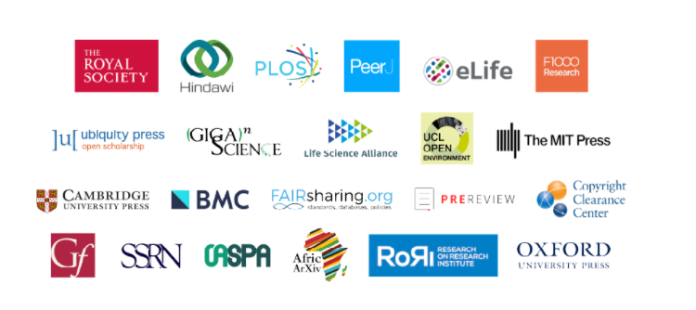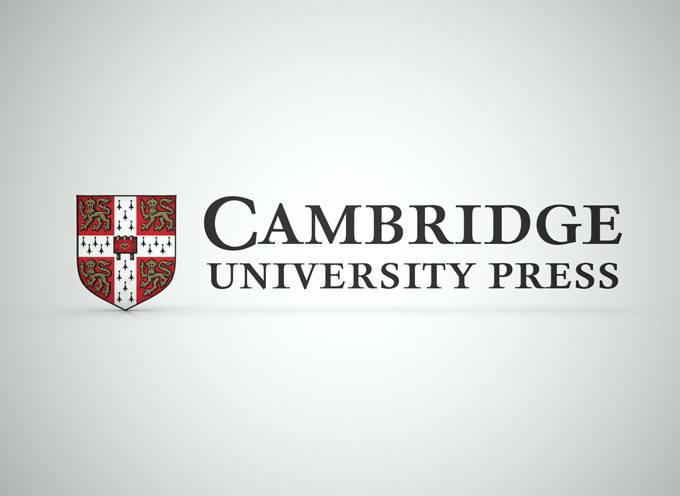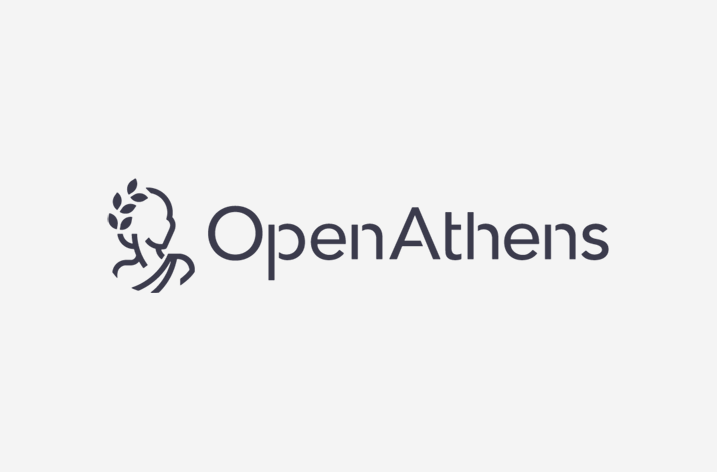SAGE Publishing founder and owner Sara Miller McCune has signed over her voting shares and control of the company to the independent SAGE-SMM Trust. The move takes an irrevocable step towards her long-standing estate plan goal of ensuring SAGE remains an independent company focused on its mission to build bridges to knowledge through educational and research publishing.
Sara Miller McCune founded SAGE in 1965 with George McCune. Early in the company’s history, Sara and George determined that SAGE should never be bought by another publisher and lose its identity or its ability to focus on its mission rather than shareholders’ or investors’ financial goals.
Together they established an estate plan that will ultimately lead to SAGE’s beneficial owners being a number of higher education institutions but with control vested in the SAGE-SMM Trust. The Trust’s documents state that its “primary purpose … is to maintain SAGE as a successful privately owned educational publishing and information dissemination company, and to provide for the continuity and preservation of its business, activities, policies and corporate identity.” Trustees are given the mandate that “… the Trustees shall at all times administer and exercise voting rights … in accordance with this primary purpose.”
While this transfer of shares is a key milestone in securing SAGE’s long-term independence, there will not be any changes to SAGE’s mission, business strategy, or the management team as a result: “The Trust shall own SAGE Voting Stock and the Settlor [Sara Miller McCune] strongly hopes that the Trustees will weigh heavily what decision they believe that the Settlor would have made or wanted.”
McCune still holds 80% of the non-voting shares of SAGE and will continue to attend and participate in Board meetings and Board events but plans to devote more of her time to other personal interests.
Sara Miller McCune said, “My late husband George and I determined early on that we would never let SAGE be sold. We saw too many companies lose their goals, values, and missions in mergers. By transferring control of SAGE to the SAGE-SMM Trust now, I am making sure that SAGE can remain independent and true to the purpose for which we established it.”
Blaise Simqu, SAGE CEO, said, “We believe that Sara’s estate plan is unique in publishing. Our independence has made us free to make long-term decisions, take risks, and make investments that advance our mission and our academic goals for decades to come. By transferring control of SAGE Publishing to a trust, Sara secures our independence and our ability to preserve our freedom to act for the very long term.”































